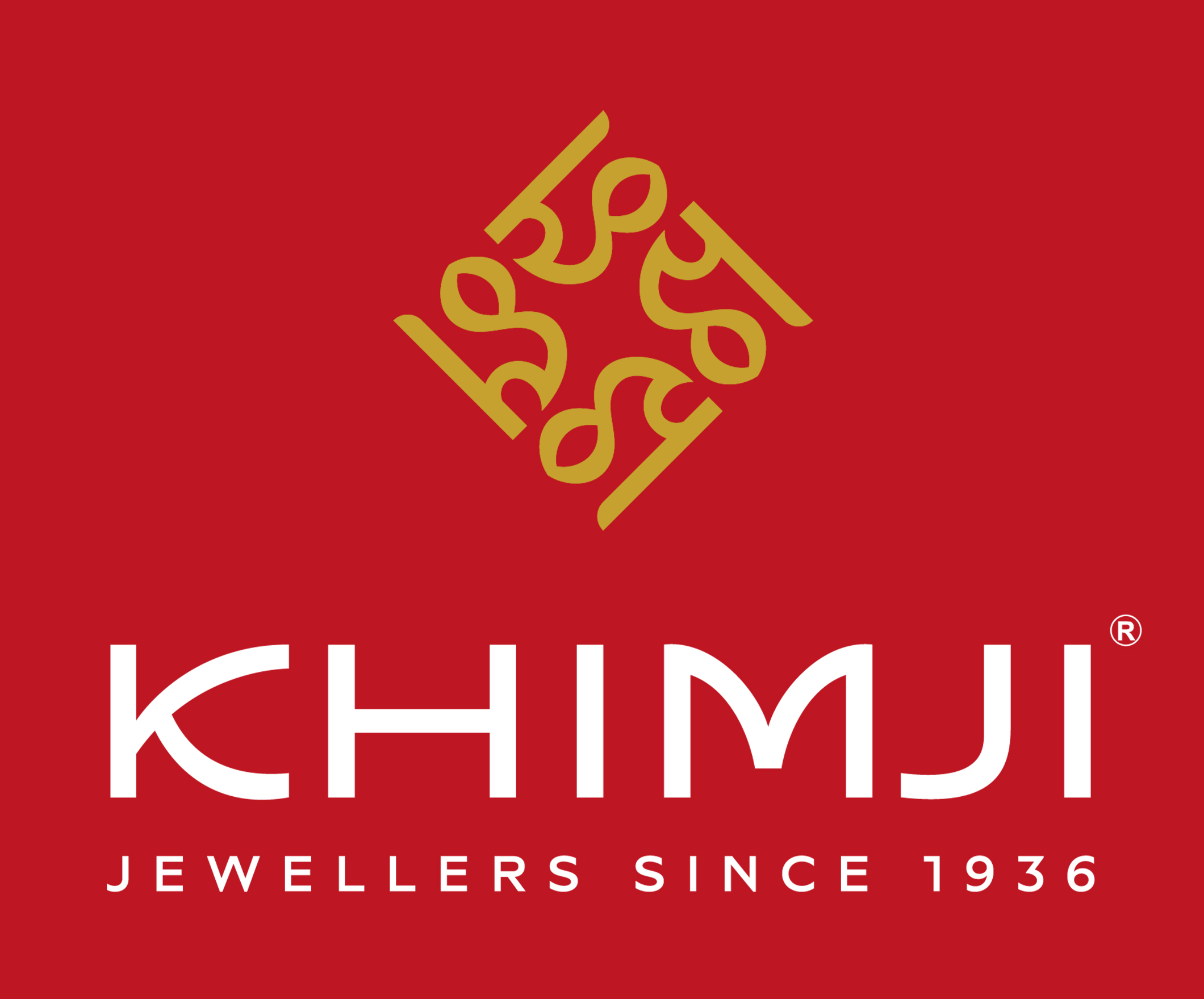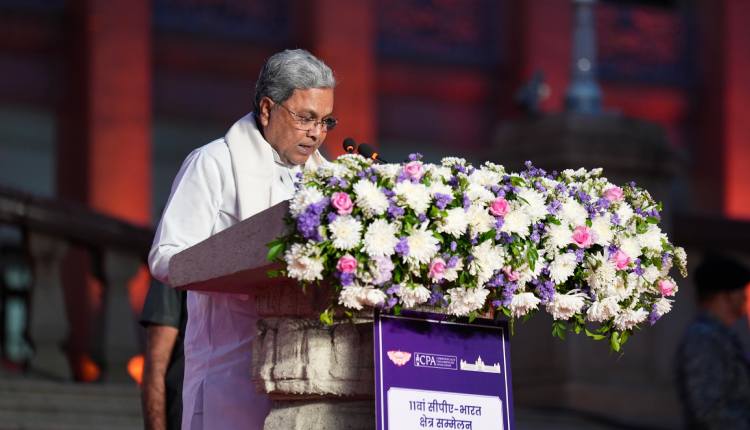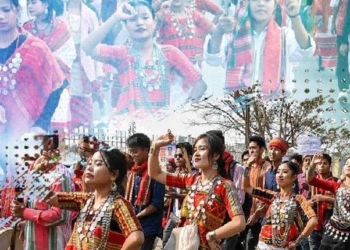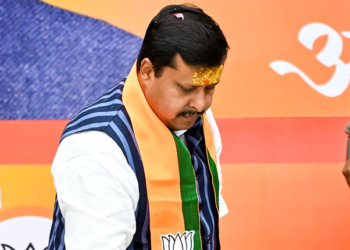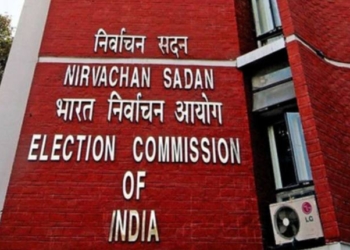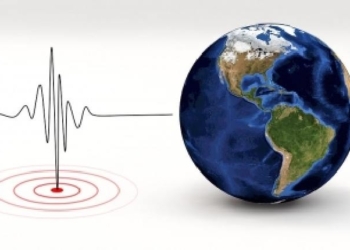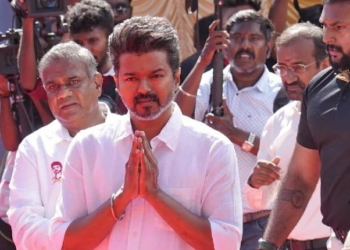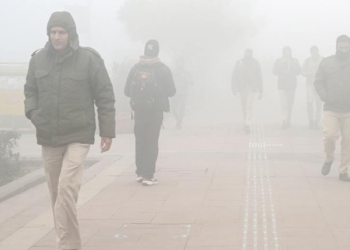Bengaluru: Karnataka Chief Minister Siddaramaiah said on Thursday that when caste, religion or language are weaponised for political gains, legislatures risk becoming arenas of exclusion rather than inclusion.
He was addressing the 11th Commonwealth Parliamentary Association India Region Conference at the Vidhana Soudha in Karnataka’s Bengaluru.
The theme of this conference is “Debates and Discussions in the Houses of Legislature: Building People’s Trust and Meeting People’s Aspirations” which is both timely and timeless, he added.
“The enemy of democracy is the misuse of identity to divide the society. When caste, religion, or language are weaponised for political gain, legislatures risk becoming arenas of exclusion rather than inclusion,” the Chief Minister said.
True democracy must instead identify and empower the weakest, ensuring that our differences enrich rather than fragment the country, he added.
“Beyond formal structures, democracy depends on habits of respect, dialogue, and tolerance. When public debate turns into hostility, when Legislatures become arenas of disruption rather than deliberation, the culture of democracy itself begins to decay,” CM Siddaramaiah said.
“Without this culture, what Ambedkar called Constitutional morality, even the strongest institutions cannot protect democracy,” he added.
“Public trust, therefore, depends not on unanimity but on authenticity, on whether citizens feel that their voices, however diverse, find genuine echo within the halls of their legislatures. The ability to listen, disagree, and yet build consensus is the highest test of Parliamentary maturity,” the Chief Minister said.
“Democracy is endangered less by external enemies and more by its inner corrosion, when debate is replaced by despotism, when dialogue becomes monologue, and when legislatures turn into instruments of partisanship rather than arenas of the common good,” he added.
“While democracy has spread globally, it faces serious inner enemies many of which have to be discussed and addressed,” he opined.
“We gather here not only as representatives of our legislatures but as custodians of democracy in its most practical form,” he said.
“As B.R. Ambedkar reminded us, democracy is not a gift newly imported into India, but a principle deeply rooted in our civilisational ethos,” he added.
“Long before modern Parliaments were established, India had traditions of deliberation and collective decision-making, whether in the assemblies during the era of Buddha and during the spread of Buddhism or in the village republics that dotted our land. These were spaces where dialogue, persuasion, and consensus governed collective life.”
“Here in Karnataka, the spirit of democratic dialogue found expression in the Anubhava Mantapa established by Vishwa Guru Basavanna in the 12th century, a true “Parliament of the People”, where men and women, workers, thinkers and reformers sat together to discuss society, morality, and justice without fear or hierarchy,” he emphasised.
“The Commonwealth Parliamentary Association (CPA) is not merely an institution but a living network of ideas, values, and aspirations. It binds together nations and regions across continents, transcending geography and history, uniting us through our commitment to parliamentary democracy, the rule of law, and human dignity,” he said.
“At a time when the world faces challenges that are increasingly transnational in the form of climate change, inequality, technological disruption, conflict, and disinformation, this Association serves as a unique forum to exchange not only best practices but also to reaffirm the moral foundations of governance,” he added.
“For India, the CPA resonates deeply. Our Parliament and State Legislatures are laboratories of federal democracy, where diversity is debated, dissent is respected, and unity is forged,” he said.
(IANS)



